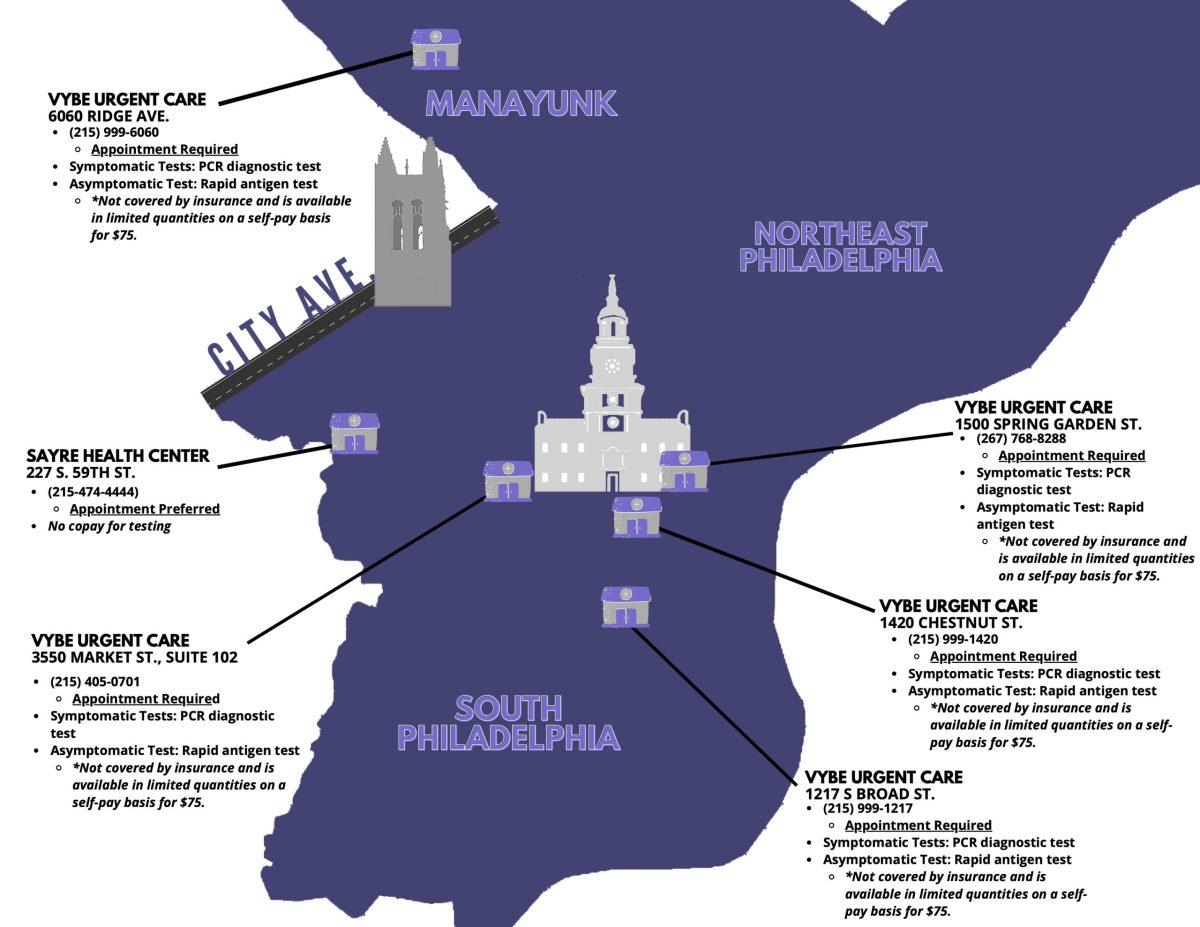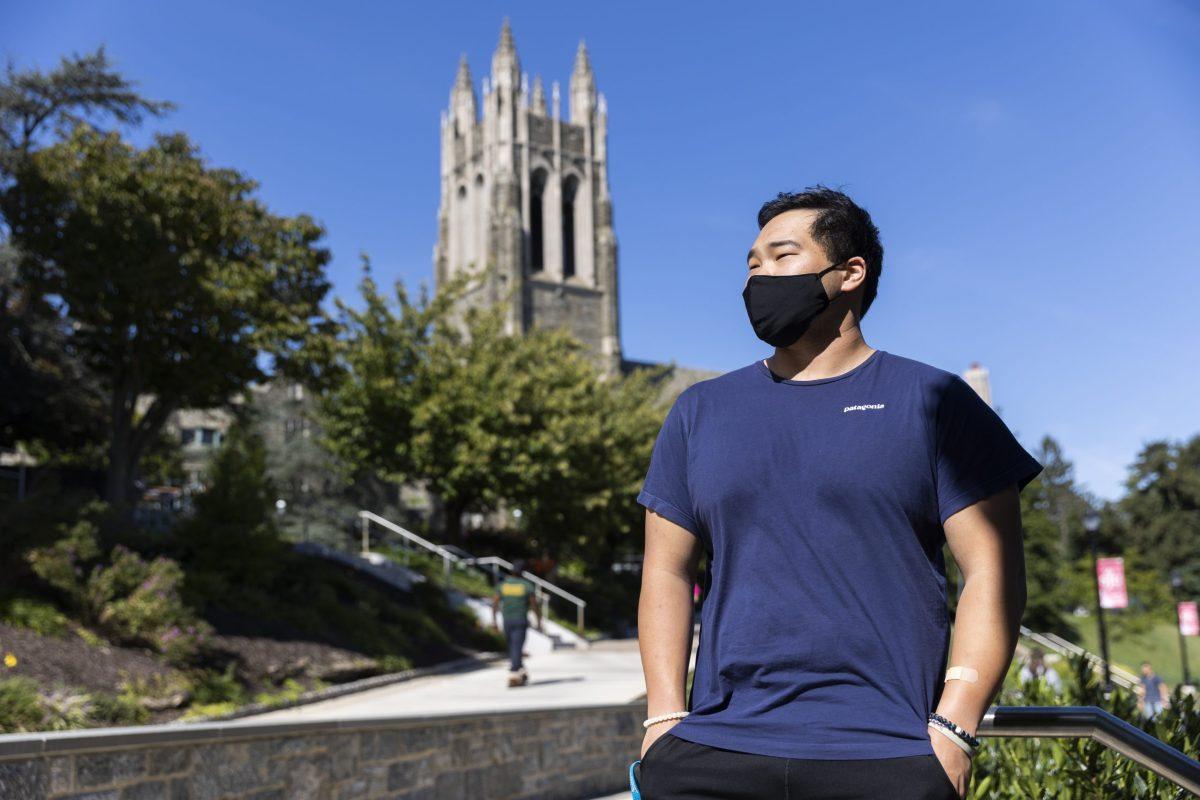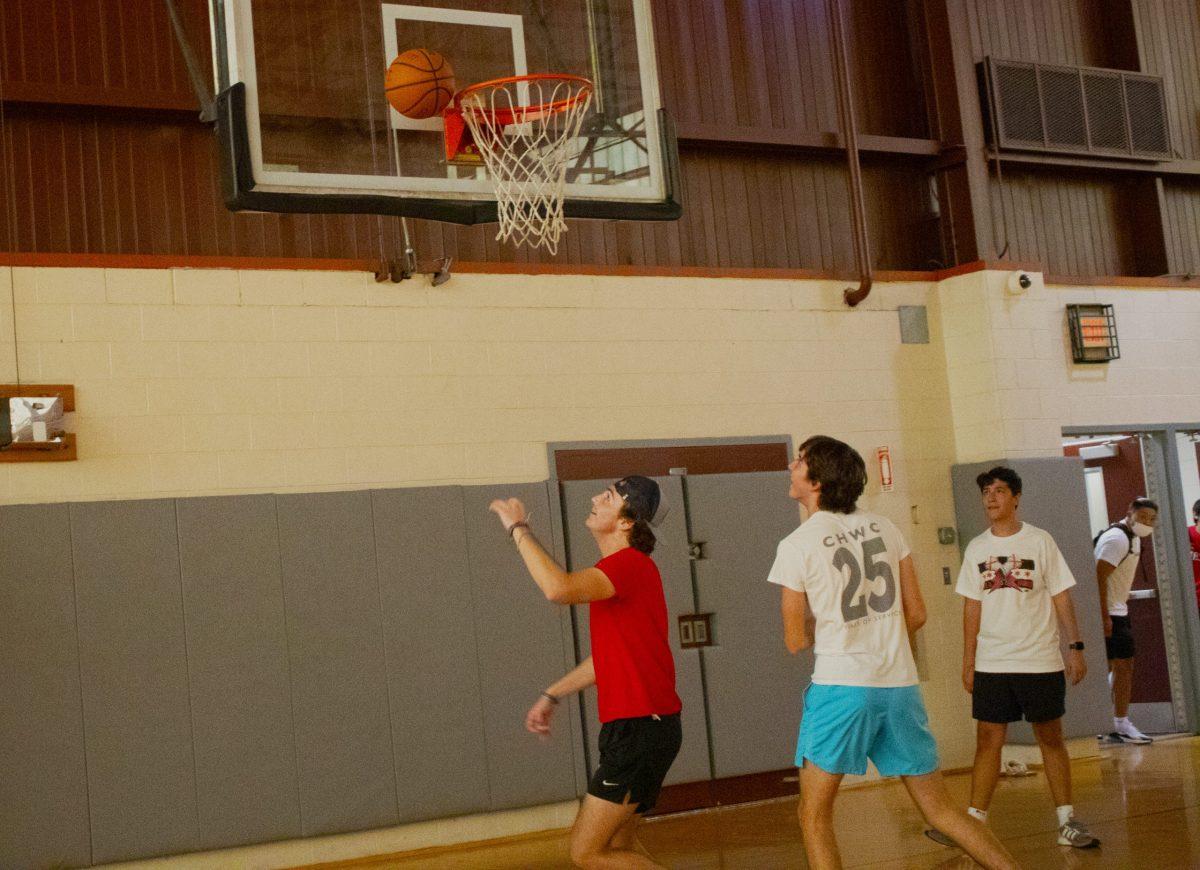The day after Thanksgiving each year, Annie Winkler ’23 and her family get together at her grandfather’s favorite restaurant in Philadelphia to continue the prior evening’s holiday festivities.
This year, because of the coronavirus pandemic, Winkler won’t be having a large family dinner on Thanksgiving, nor a family get-together at McNally’s Tavern the next day. Instead, Winkler will be physically distancing herself from many friends and family members while staying at home with her mother.
“Obviously things are going to look different this year,” Winkler said. “So, I’m most likely just going to go and stay home.”
St. Joe’s Thanksgiving break begins on Wednesday, Nov. 25 this year. Normally, students return to campus for classes the following Monday, but this year, the university is strongly encouraging students to stay home instead. In order to reduce the spread of COVID-19, all classes will resume in a fully online format on Monday, Nov. 30, and remain online through the end of the semester.
Cary Anderson, Ed.D., vice president for Student Life and associate provost, wrote in an Oct. 9 university announcement to students and parents that COVID-19 testing prior to traveling is a supplemental action to consider when planning to return home, though mass testing will not be offered by the university.
University testing is only offered to symptomatic individuals or close contacts through the Student Health Center in partnership with Main Line Health, which requires health insurance in order to issue a test. There is no out-of-pocket fee for those getting tested who have health insurance.
“The university will continue to offer testing for students experiencing symptoms and require testing as part of the surveillance program,” Anderson wrote. “If you would like to be tested, many off-campus sites offer rapid testing for a fee.”
Anderson also wrote in the announcement that the university advises students to “wear a mask whenever you are in the presence of others for the first 14 days you are at home to avoid transmitting coronavirus to your household.”
For some students who live out of state, there are additional state-issued regulations to consider.
Pennsylvania is considered an area with a high level of community spread by Massachusetts, Rhode Island and Vermont, meaning those going home to those states from Pennsylvania must quarantine for a 14-day period upon arrival.
While Winkler is from Philadelphia and will not be traveling to another state, she said in preparation to go home, she plans to get a COVID-19 test and quarantine until she receives her results.
“Once I know that I’m COVID free, maybe I’ll be more comfortable seeing the rest of my family,” Winkler said. “But I’m just most likely going to lay low and really not try to see a lot of people.”
Dr. Valerianna K. Amorosa, a member of the Infectious Diseases Program at the University of Pennsylvania, said there is a risk when sending a large number of students home for break. Amorosa added that although it is not easy to isolate from other members of a household when returning from school, trying to loosely quarantine and getting a supplemental test after being at home for a few days is the most cautious approach to take.
“In an ideal world, people can be tested seven days after they get home,” Amorosa said. “If they’re negative, then, it’s not 100%, but it would be a good sign that there’s a very low likelihood at that point that they are going to be intubating anything.”
Amorosa said college students who will be going home should maintain this awareness and caution as best as possible, but should continue to adhere to safety guidelines when choosing to socialize.
“Even though the weather’s poor, try to come up with creative ways to gather outdoors,” Amorosa said. “Whether it be with old high school friends in a park or something, outdoors is always going to be lower risk than something indoors.”
According to an Oct. 9 email to faculty and staff from Zenobia Hargust, M.S., SPHR, chief Human Resources officer, the university will technically remain open through Dec. 23.
“While students are highly encouraged to remain home during the last two weeks of the semester, many students will need to be on campus and are counting on us,” Hargust wrote.
Abby Pressley ’21 said she plans to travel home to Baltimore for Thanksgiving and maintain strong social distancing prior to that return.
But, Pressley said she also would like to continue to live on campus after the break ends because of concerns about her off-campus job and final exams. The university will allow residential students to fill out an extension request form if they choose to remain on campus for the remainder of the semester, according to the Office of Residence Life.
“I haven’t made a final decision,” Pressley said. “That’s just what’s been going through my head: the ability to focus better in the dorms during finals week and being able to make a little more money with my job in Philly that I would lose out on.”
Kyle Knapp ’22 also plans to go back home to his family’s house in Lancaster, Pennsylvania, for Thanksgiving, but because he lives in off-campus housing, Knapp said he likely will finish the semester at his off-campus house.
“Originally during the summer, I thought I was going to be home the entire time, but then I realized I’m still paying rent,” Knapp said. “So I don’t think it would be the smartest idea for me to stay home the entire time and not my house [near] campus to use.”
Both Pressley and Knapp said they will continue to be cautious prior to their return home for Thanksgiving regardless of their plans for finishing the semester because although their circumstances are an incentive to come back to campus, keeping their families safe is a priority.
“Being really careful when people are still at school right before we go home is really important,” Pressley said. “I don’t want to bring anything home to my family. I just want to make sure I’m doing everything to prepare to keep them safe.”










































